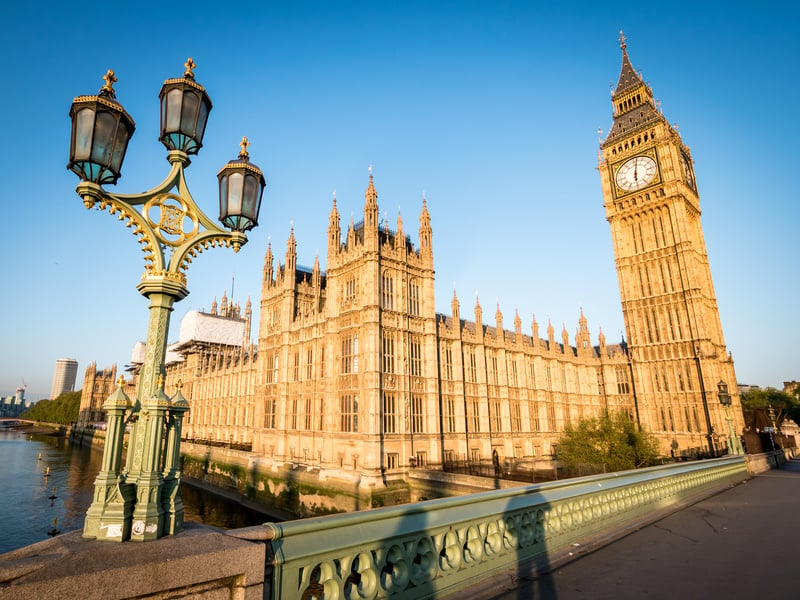Consumer and employee activism and political pressure at both the global and national levels were combining to force ESG (Environmental, Social and Governance) issues to the top of the board’s and management’s agenda. Having a clear corporate purpose was becoming essential. On 15 April 2021, partners from across Baker McKenzie recrded a webinar on ESG and Litigation Risks, as part of the Demystifying ESG Webinar Series.
Our 18th Annual Global Trade and Supply Chain Webinar Series entitled, “International Trade & Developments in a World Focused on Recovery & Renewal,” includes the latest international trade developments including updates on trade wars, trade agreement negotiations and key customs, export controls and sanctions developments. In addition to our usual…
In brief On 10 March 2021, the European Parliament adopted a legislative initiative report (504 votes in favour, 79 against and 112 abstentions) setting out recommendations to the European Commission (EC) on corporate due diligence and accountability, including a draft directive. The report proposes the introduction of a mandatory corporate due diligence obligation…
Corporates interested in the degree of regulatory oversight likely to operate in the UK post Brexit will be watching the ongoing review of the Human Rights Act 1998 (HRA) with interest. It may signal a dilution of the protections to individual rights contained in the HRA, including the commitments to observe rights in legislation and operation of public functions, as well as the ability to challenge failures to do so via the courts.
Our lawyers present a session on Supply Chain: Environmental and Human Rights Due Diligence as part of our 2021 Global Trade & Supply Chain Webinar Series.
Our lawyers present a session on Supply Chain: Environmental and Human Rights Due Diligence as part of our 2021 Global Trade & Supply Chain Webinar Series.
As negotiations between the European Union (EU) and UK enter their final stages, the outcome of Brexit rests on a knife’s edge. The expiry of the transition period on 31 December 2020 (“Transition Period”) is fast approaching and, with that, the risk that the UK will leave with a so-called “Australia-style” relationship, that is to say, a trading relationship based on standard WTO rules.
What is certain, regardless of the negotiations, is that companies will have to navigate a competition landscape that has the UK as a standalone regime in all respects — even if with a heavy EU influence. Dealing with both the EU and UK competition authorities on the same merger or behavioural investigation will be routine, adding costs and complexity.
READ REPORT IN ENGLISH READ REPORT IN SPANISH READ REPORT IN MANDARIN The Year Ahead – our publication looking at key developments in global litigation and arbitration for 2021 – is now available in English, Spanish and Mandarin. COVID-19 and its effects have triggered many disputes, with litigation volumes in…
As the effects of COVID-19 continue to be felt around the world, businesses continue to face significant levels of instability and uncertainty caused by weakened financial markets and disruption to supply chains, workplace operations and business pipelines. Such instability and uncertainty will result in a growth in the number and…
Products and services that are marketed as “eco-friendly” will be subject to a recently launched probe by the UK Competition and Markets Authority (CMA). This is a rapidly growing sector — UK consumers spent GBP 41 billion on ethical goods and services in 2019, according to the CMA — and the credibility of claims on sustainability can be fundamental to brand value. A regulatory finding that such claims are false or misleading could prompt litigation by consumers that purchased the products based on those claims, as well as by shareholders impacted by a drop in share value caused by negative publicity.






